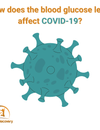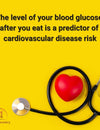No products in the cart.

How little can you exercise and still receive benefits?
Posted by: Didrik Sopler, Ph.D., L.Ac.
Sitting for long hours can elevate post-meal blood fat levels (triglycerides), a risk factor for heart disease. A small study tested whether hourly 4-second intense cycling sprints could improve this (Wolfe AS, et.al.,2020).
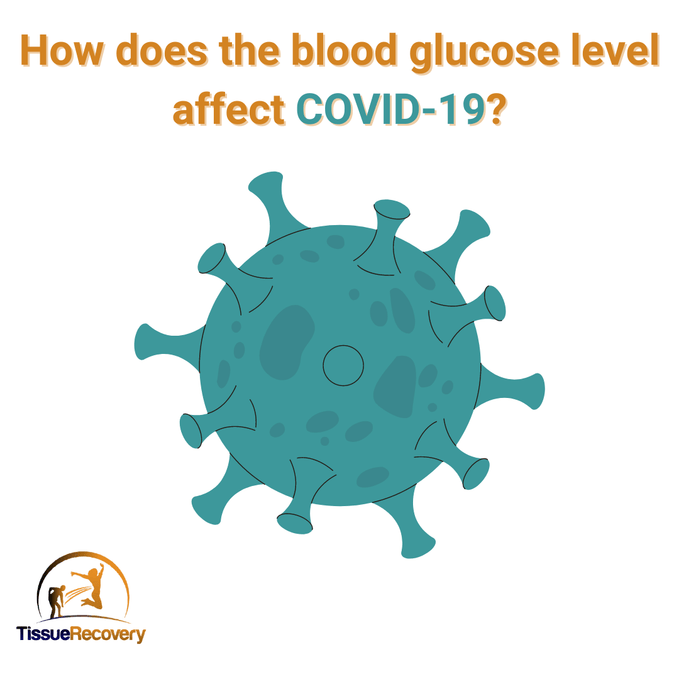
How does the blood glucose level affect COVID-19?
Posted by: Didrik Sopler, Ph.D., L.Ac.
A huge amount of research has been produced on the COVID 19. It is so much that it is impossible for someone to read all of it. That’s why researchers in Switzerland implemented the use of artificial intelligence to access relevant information from a huge number of studies. The...
Read more
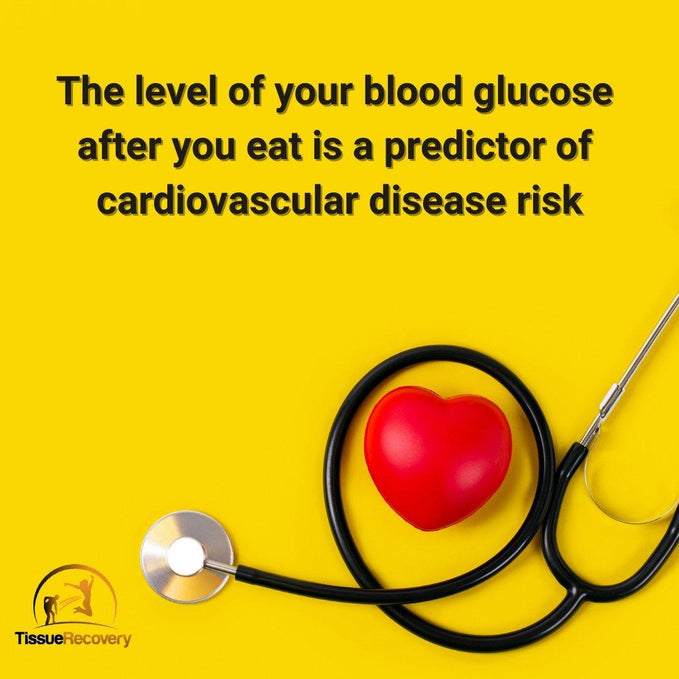
The level of your blood glucose after you eat is a predictor of cardiovascular disease risk.
Posted by: Didrik Sopler, Ph.D., L.Ac.
Oxidative stress is directly proportional to the increase in glucose after a meal. This increase in free radicals acutely triggers inflammation, endothelial dysfunction, hypercoagulability ( risk for blood clots), and a cascade of other atherogenic changes (O’Keefe GH, Bell DSH, 2007). The endothelium is the inner lining of the...
Read more
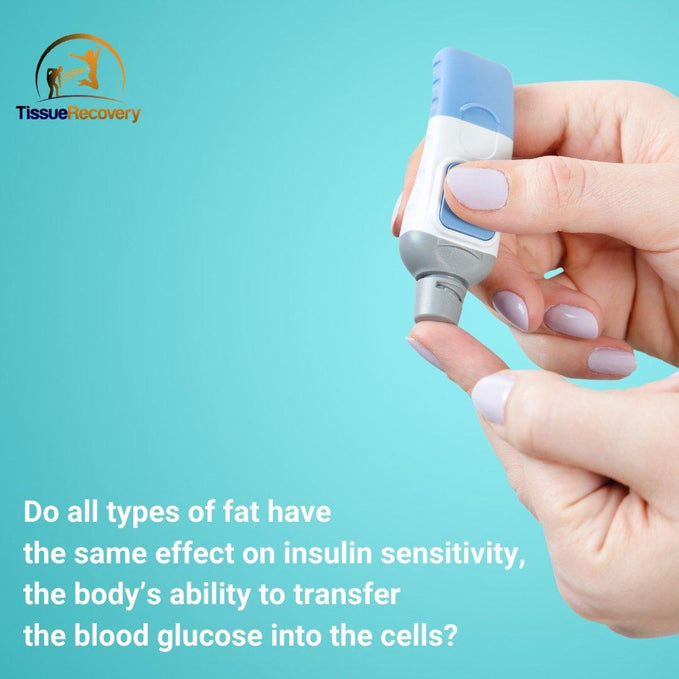
Do all types of fat have the same effect on insulin sensitivity, the body’s ability to transfer the blood glucose into the cells?
Posted by: Didrik Sopler, Ph.D., L.Ac.
This research evaluated the effect of ingesting either monounsaturated fat, polyunsaturated fat, saturated fat, or water as a control on glucose-stimulated insulin secretion, insulin sensitivity and insulin clearance in seven overweight or obese, non-diabetic participants (Xiao C, et al., 2006). Olive oil is high in monounsaturated fat, walnuts are...
Read more
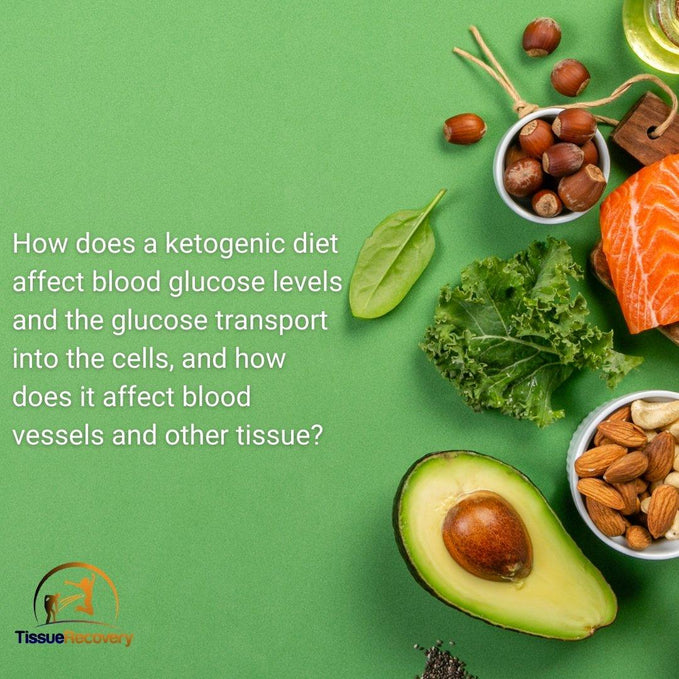
How does a ketogenic diet affect blood glucose levels and the glucose transport into the cells, and how does it affect blood vessels and other tissue?
Posted by: Didrik Sopler, Ph.D., L.Ac.
Fat is not metabolized to glucose and does not require insulin to be metabolized. Instead, a ketogenic diet (high fat diet) provides energy from ketones. Eating only fat will for that reason not increase the blood glucose level. That may sound good but let us look at what happens....
Read more
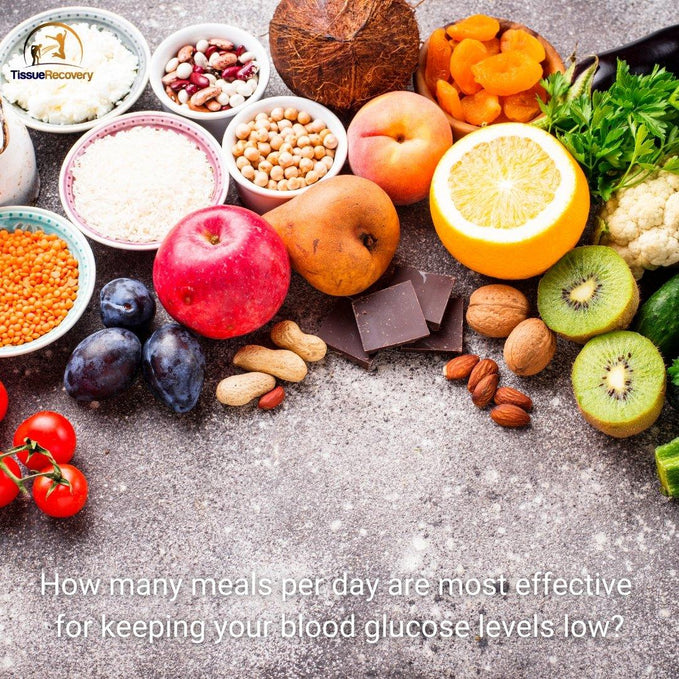
How many meals per day are most effective for keeping your blood glucose levels low?
Posted by: Didrik Sopler, Ph.D., L.Ac.
Elevated blood glucose levels cause tissue damage and increase inflammation. You don’t have to have diabetes to see the damaging effects of high blood glucose levels after a meal. Your body may be able to maintain fasting blood glucose within a normal range for a while even if you...
Read more
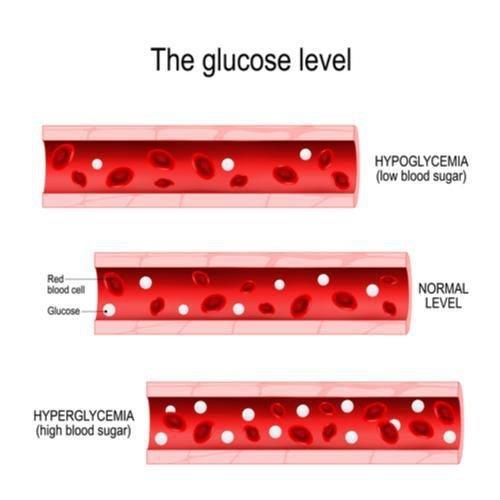
When is it easier for your body to transfer blood glucose from a meal into your cells?
Posted by: Didrik Sopler
We know it’s better to avoid high blood glucose levels since that can cause tissue damage. Several things can affect blood glucose levels, one important factor is the type of food we eat. It’s logical that the food we eat will have an impact on our blood glucose...
Read more
What damage can high blood sugar and oxidative stress cause?
Posted by: Didrik Sopler
It is common knowledge that having high blood sugar levels is damaging to our health, but in what way is it harmful to us? Having high blood glucose levels causes oxidation of glucose and a reaction causing glycation of proteins. These reactions cause tissue damage and create a lot...
Read more
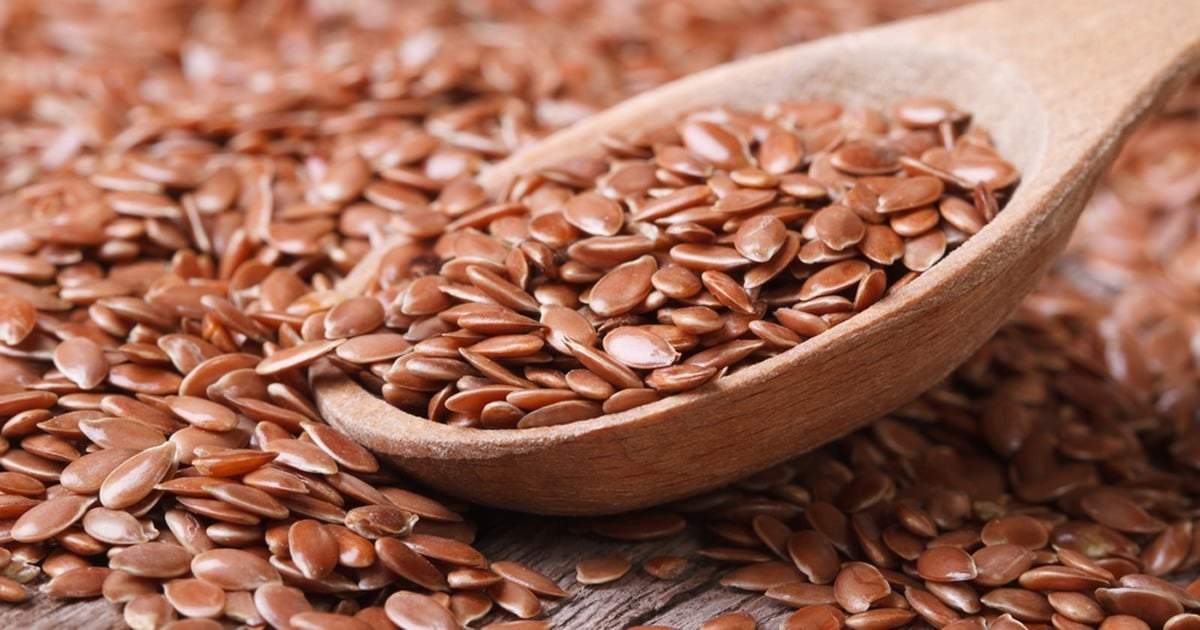
3 Important Benefits of Flax Seeds
Posted by: Didrik Sopler, Ph.D., L.Ac.
One of the impressive health benefits of flax seeds is the ability to decrease blood pressure (Rodriguez-Leyva D, et.al., 2013). In a double-blinded, placebo-controlled study, 30 g of flax seeds daily for 6 months reduced the systolic blood pressure of 10 mm Hg and the diastolic blood pressure with 7...
Read more
These specific foods will increase your risk for depression.
Posted by: Didrik Sopler
When 87,618 postmenopausal women were evaluated for depression and 69,954 were rechecked 3 years later, it was found that food with a progressively higher glycemic index was associated with increasing odds of depression (Gangwisch JE, et al. 2015). The glycemic index is a measurement of how high a specific food...
Read more
Carbohydrates that improve insulin sensitivity
Posted by: Didrik Sopler
All carbohydrates are not the same. Making a few changes will make a big difference. When normal participants in this study ate 50 g of either 8 varieties of dried legumes (beans, lentils) or 24 common foods drawn from grains, cereals and pasta, breakfast cereals, biscuits and tuberous vegetables, this...
Read more
Your gastrointestinal bacterias may influence your blood sugar.
Posted by: tissuerecovery Admin
How healthy is green tea?
Posted by: Didrik Sopler
Green tea seems to be one of the best things you can drink for your health. One of the reasons is that it contains a lot of antioxidants. One of the most important things we can do to stay healthy is to be sure we stay insulin sensitive. When we...
Read more

Casual Soda Drinker? Don't go there!
Posted by: Didrik Sopler
Sugar sweetened beverages have been associated with type 2 diabetes, obesity and other health problems. The reviewed research specifically investigated the relationship with sugar intake, sugar sweetened beverages and endometrial cancer(Inoue-Choi M, et al. 2013). The participants were 23,039 postmenopausal women. From 1986 to 2010, 506 cases of estrogen dependent...
Read more
Showing: 1 -15 of 15




